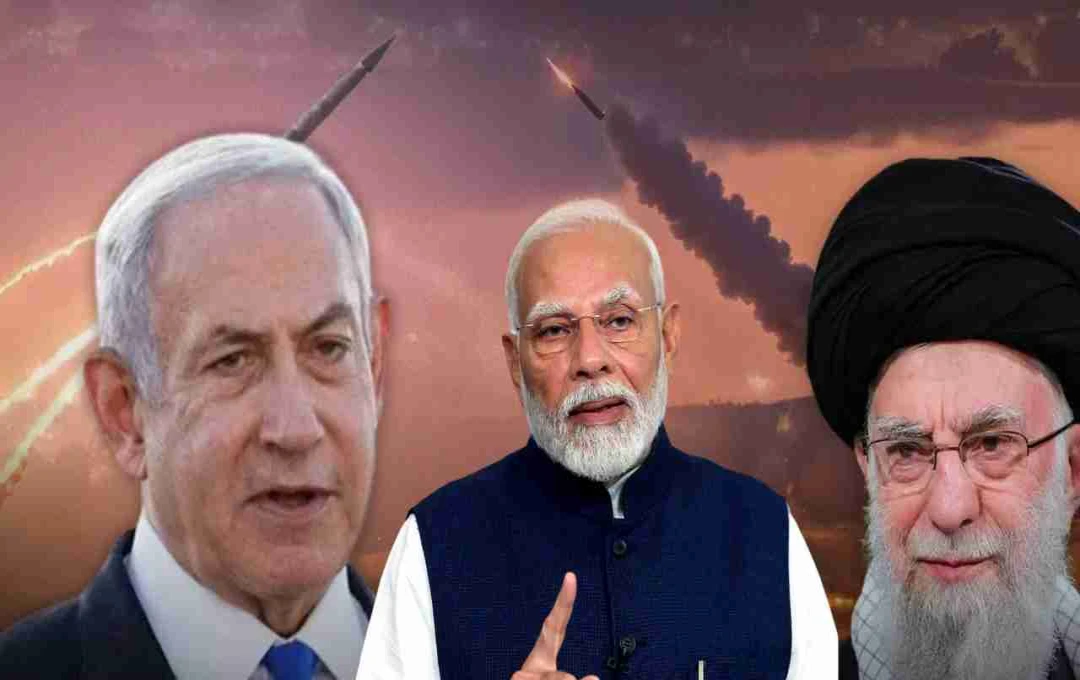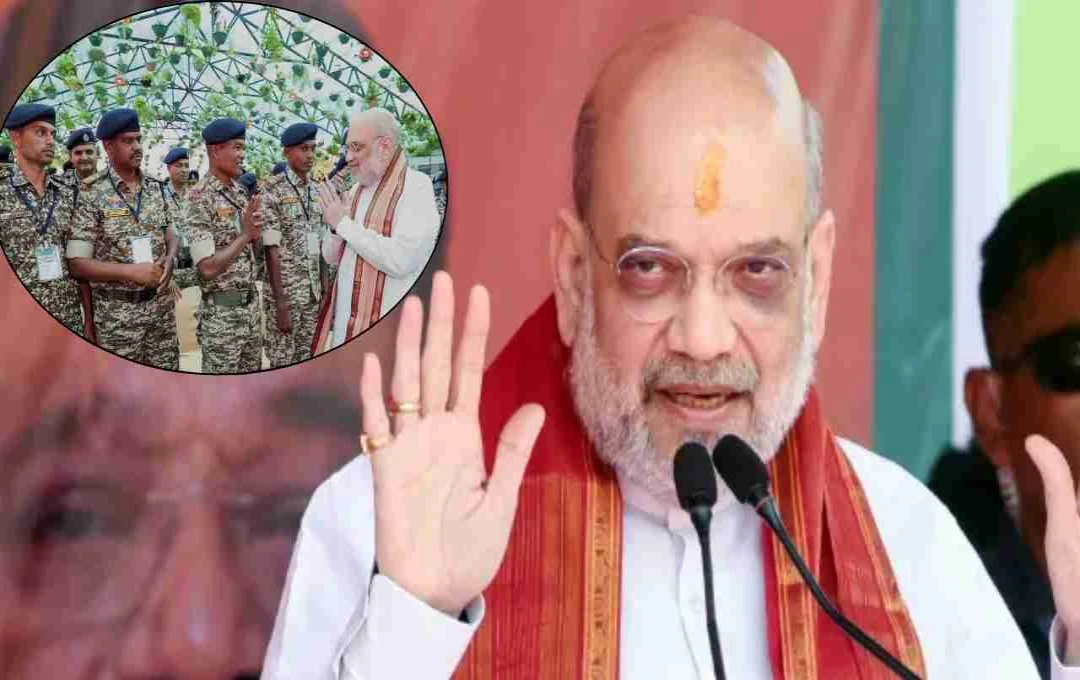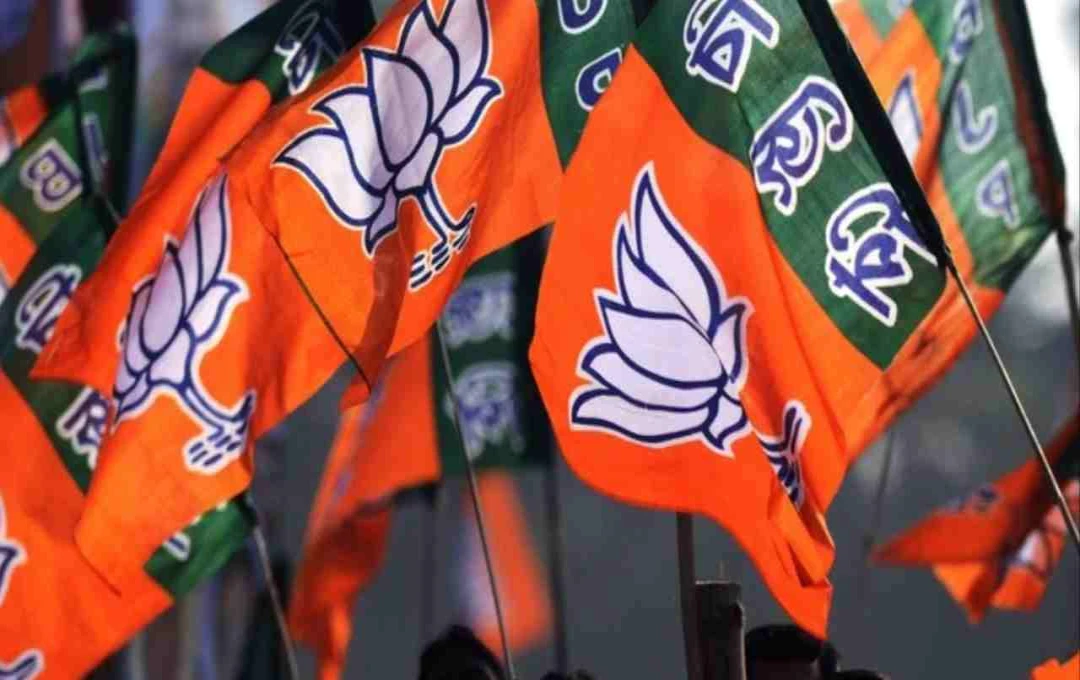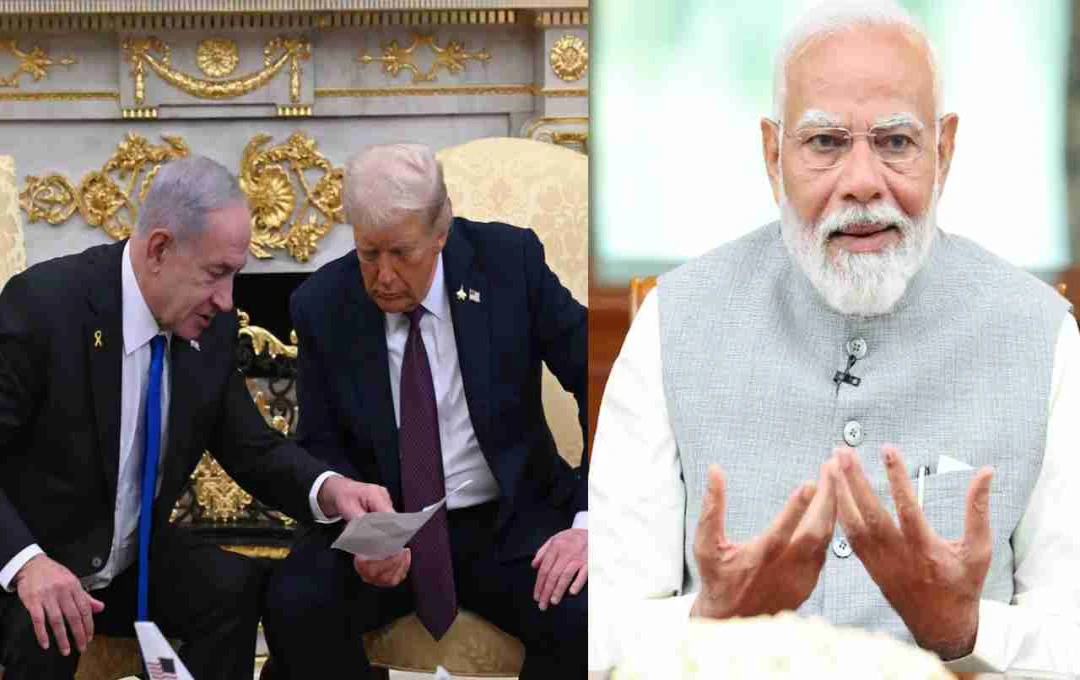The Looming Iran-Israel Conflict: Implications for Global Trade and India
Israel-Iran War: Tensions between Iran and Israel have once again reached a dangerous point. However, Iran's strategy deviates from conventional warfare. Instead of direct conflict, Iran employs a proxy war strategy, utilizing allied organizations such as the Houthis, Hezbollah, and Hamas to challenge Israel on multiple fronts.
Following the October 7, 2024, attacks, Israel launched military operations, inflicting significant damage on Hamas and Hezbollah. However, Houthi rebels retain the capacity to launch ballistic missiles at Israel. Meanwhile, Israel, demonstrating its military prowess, has conducted highly precise and technologically advanced strikes on Iranian nuclear facilities.
Israel's Technological Advantage
Israel possesses a significant technological advantage over Iran in military technology. It operates fifth-generation F-35 stealth fighter jets capable of evading enemy radar and delivering precise strikes. Iran's fighter jets are considerably older and lack sufficient resources for upgrades.
Consequently, Iran relies primarily on drones and missiles. However, Iran has made significant strides in missile and drone technology in recent years, possessing domestically produced long-range missiles and drones like the 'Shahed'.
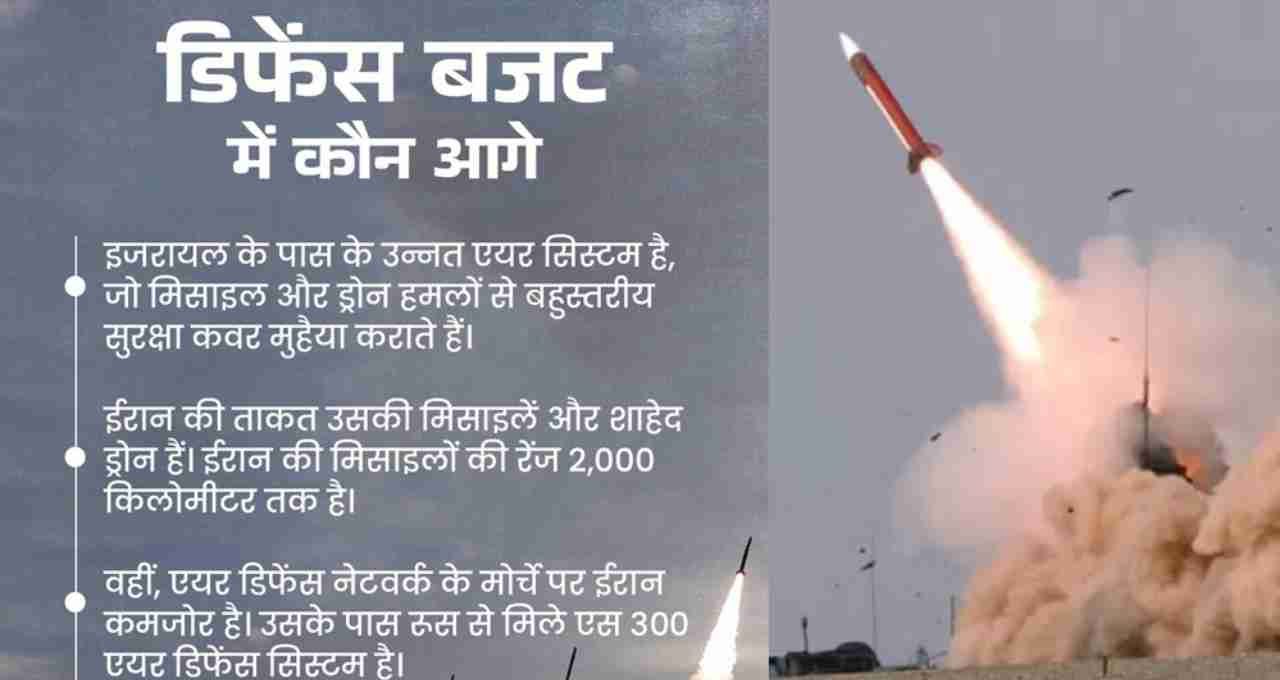
Defense Budgets and Military Preparedness
Surrounded by hostile nations, Israel invests heavily in its defense. It possesses Iron Dome and other advanced air defense systems providing multi-layered protection against missile and drone attacks.
Iran's strength lies in its missile system and drone network. Its ballistic missiles have a range of up to 2,000 kilometers, capable of targeting much of the Gulf region, including Israel. Despite this, Israel maintains a superior position in terms of defense systems and modern weaponry.
Global Support
Israel enjoys the full support of the United States in this conflict. The US provides not only advanced weaponry but also strategic and technological assistance. Countries like Britain and France have also been long-standing supporters of Israel.
The position of Gulf states is complex. As close allies of the US, they oppose Iran's development of nuclear weapons, leading to a leaning towards Israel.
Iran, meanwhile, seeks to counterbalance this by strengthening ties with Russia and China. Iran supplied Russia with 'Shahed' drones during the Russo-Ukrainian War. Future military assistance from China and Russia could prolong and escalate this conflict. However, currently, Israel holds a ber position in terms of global support.
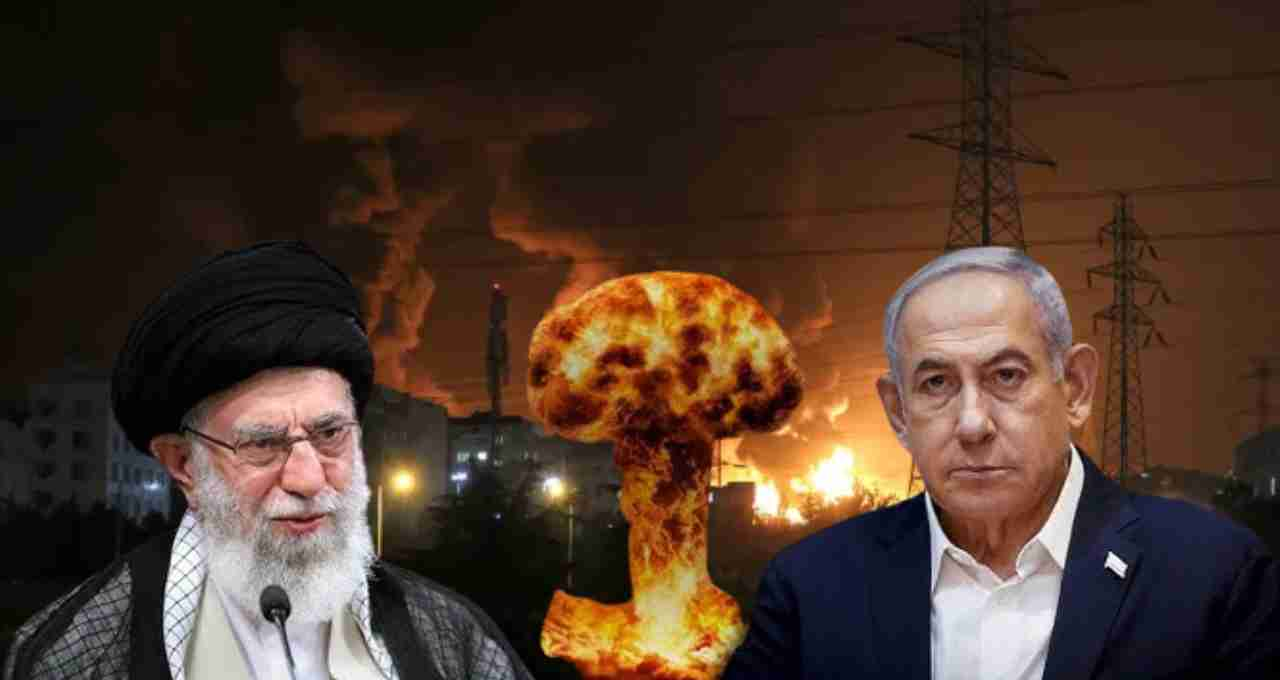
Concerns for India
Stability in West Asia is crucial for India. India maintains good relations with both Israel and Iran. India enjoys close defense and technological cooperation with Israel, while Iran holds significant strategic importance for India.
India aims to secure easy and independent access to Afghanistan and Central Asian countries through the Chabahar Port. An escalation of conflict in this region could impact India's strategic projects.
The Strait of Hormuz
The Strait of Hormuz is one of the world's most important maritime trade routes, carrying approximately 20% of the world's crude oil—about 21 million barrels per day. This narrow waterway, only 33 kilometers wide, has its northern section under Iranian control, while the southern section is under the control of Oman and the UAE.
Iran could potentially block this route with limited military power, creating a global energy crisis. Over two-thirds of India's oil imports and more than half of its LNG imports transit this route. Disruption would directly impact India's energy security.
